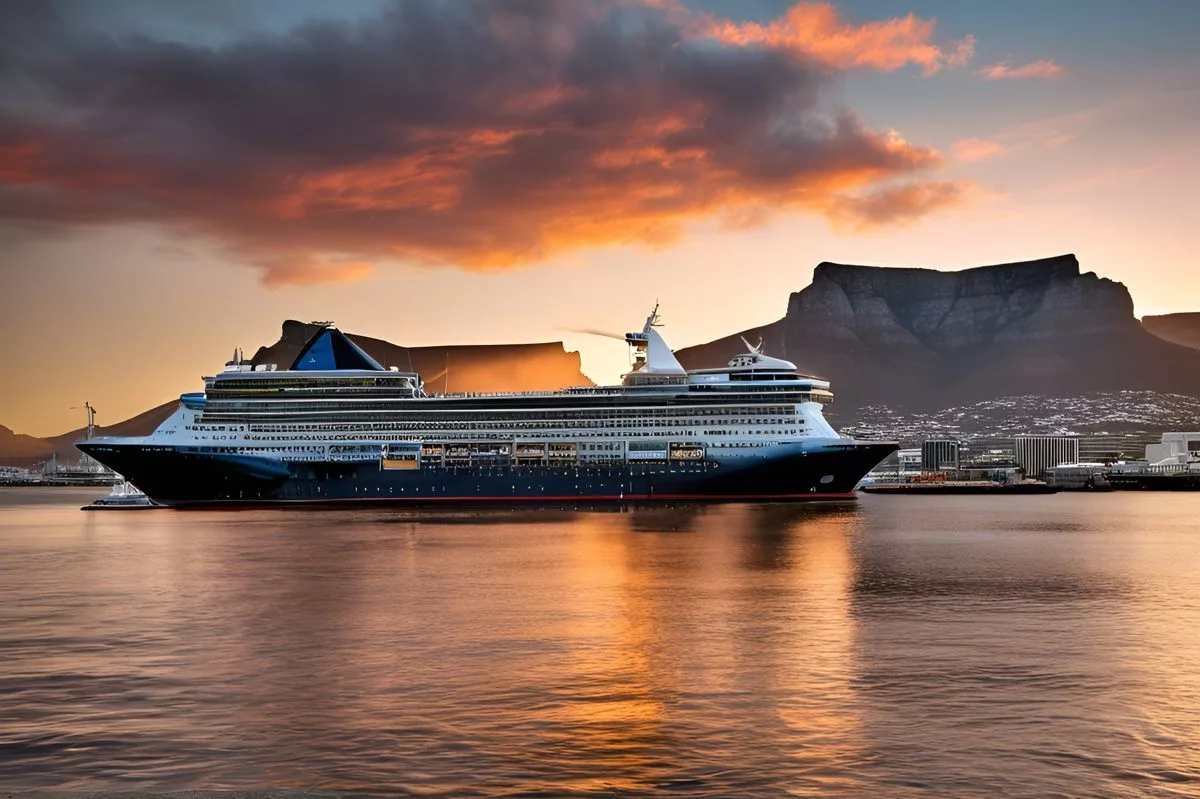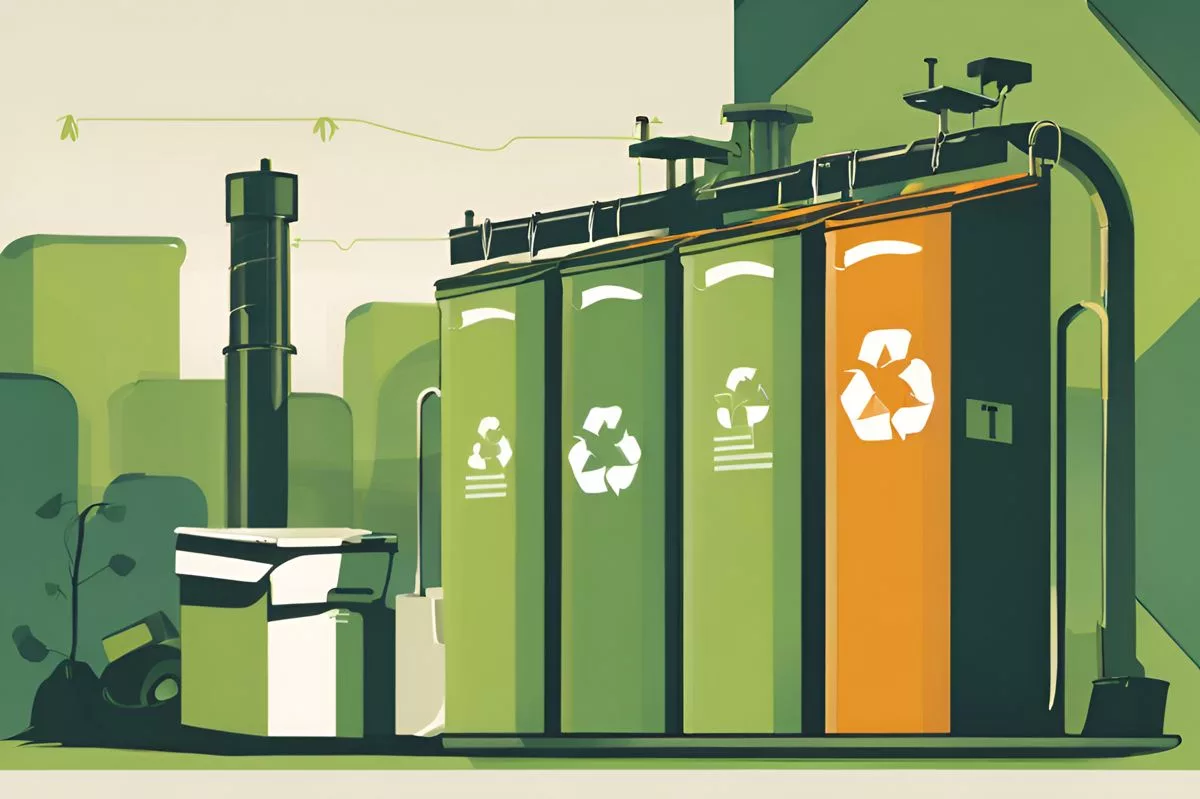The arrival of the Russian naval training ship, Smolny, in Cape Town has caused controversy due to the covert nature of the visit. The Ukrainian Association of South Africa expressed concern over continued military cooperation with Russia, citing recent incidents of violence allegedly carried out by Russia in Ukraine. The visit has also raised questions about Russia’s expanding military influence in South Africa, with a future visit by a Russian Tupolev Tu-160 long-range bomber to the Africa Aerospace and Defence 2024 exhibition adding further controversy.
Arrival of Russian Naval Ship in Cape Town: A Discreet Affair Ignites Controversy
The unexpected arrival of the Russian naval training ship, Smolny, in Cape Town has sparked controversy. The ship’s visit aimed to strengthen naval ties between South Africa and Russia, but the covert nature of the visit drew criticism. The Ukrainian Association of South Africa expressed concern over continued military cooperation with Russia, citing recent incidents of violence allegedly carried out by Russia in Ukraine. The visit has also raised questions about Russia’s expanding military influence in South Africa.
An Unexpected Visit Stirs Disapproval
On the 29th of August, a quiet event largely absent from the public’s attention unfolded in South Africa. The Russian naval training ship, Smolny, docked at the Port of Cape Town. This unanticipated arrival, although not extensively covered by media, caught the attention of the Ukrainian population in South Africa, who expressed their strong objection, as Cape Town Etc documented.
The Smolny, which is part of the Russian Baltic Fleet, had embarked on a long ocean journey. This trip aimed to offer maritime education for naval cadets from Russia’s Ministry of Defence institutions. The Smolny’s arrival in Cape Town was part of this overall mission. However, the main goal of Smolny’s visit was to strengthen naval links between South Africa and Russia.
The Visit: Strengthening Naval Ties and Exploring Cape Town
During its brief stay, the Smolny’s crew seized the opportunity to visit Simon’s Town and interact with the senior command of the South African Navy. This was a crucial move in enhancing the naval cooperation between both nations. The crew also used this time wisely to restock essential supplies, such as water, fuel, and food, while also conducting a technical inspection of the ship.
In addition to this, the crew and cadets of the Baltic Fleet were given the chance to interact with South African sailors and visit the historical landmarks of Cape Town, which is the second most populous city in the country. They also organized an open day for the residents of Cape Town and visitors to the city on the 30th of August. This event, hosted by the ship’s command, further strengthened the bilateral ties between the two countries, with Rear Adm. M.Nkomonde gracing the occasion as the guest of honour.
Previous Stops and the Covert Nature of the Visit
Prior to docking in Cape Town, the ship made unpublicized stops at Havana, Cuba, and La Guaira, Venezuela. However, the Cape Town visit appeared to be subtly concealed, catching many, including Cape Town Mayor Geordin Hill-Lewis, off guard. The mayor expressed his disappointment at the secretive nature of the visit and the government’s actions, which he saw as an aid to Putin’s Russia.
Not all parties overlooked the visit, though. The Ukrainian Association of South Africa issued a strong statement expressing their indignation at the perceived lack of sensitivity and neutrality. They drew attention to recent incidents of violence in Ukraine, supposedly carried out by Russia, including attacks on residential buildings, hospitals, and a UNESCO Heritage site. The association expressed their concern over the continued military cooperation between South Africa and Russia, stating that it indirectly supports these violent activities.
Interestingly, even Siphiwe Dlamini, the spokesperson for the South African National Defence Force (SANDF), appeared to be unaware of the vessel’s visit.
Further Controversy and Future Implications
Increasing the controversy, the association also criticized a future visit by a Russian Tupolev Tu-160 long-range bomber to the Africa Aerospace and Defence 2024 exhibition. They suggested that this missile platform might be the one behind attacks in Ukraine, especially those affecting children in Kharkiv.
In anticipation of the exhibition, Russian military officers reportedly visited an airport close to Pretoria to arrange the deployment of these long-range bombers. This contentious move, along with the recent visit of the Smolny, signifies a subtle yet clear expansion of Russia’s military influence in South Africa. This development has sparked interest and is under close scrutiny by the international community.
1. What is the controversy surrounding the arrival of the Russian naval ship in Cape Town?
The arrival of the Russian naval training ship, Smolny, in Cape Town has caused controversy due to the covert nature of the visit and concerns over Russia’s expanding military influence in South Africa.
2. What was the purpose of the Smolny’s visit to Cape Town?
The visit aimed to strengthen naval ties between South Africa and Russia and offer maritime education for naval cadets from Russia’s Ministry of Defence institutions.
3. What did the crew of the Smolny do during their stay in Cape Town?
During their stay, the crew seized the opportunity to visit Simon’s Town and interact with the senior command of the South African Navy, restock essential supplies, and visit historical landmarks of Cape Town. They also organized an open day for the residents of Cape Town and visitors to the city.
4. Why is there concern over continued military cooperation with Russia?
The Ukrainian Association of South Africa expressed concern over continued military cooperation with Russia, citing recent incidents of violence allegedly carried out by Russia in Ukraine, including attacks on residential buildings, hospitals, and a UNESCO Heritage site. They believe that this indirectly supports these violent activities.
5. What is the future visit by a Russian Tupolev Tu-160 long-range bomber to the Africa Aerospace and Defence 2024 exhibition, and why is it controversial?
The future visit by a Russian Tupolev Tu-160 long-range bomber to the Africa Aerospace and Defence 2024 exhibition adds further controversy. The Ukrainian Association of South Africa criticized this move, suggesting that this missile platform might be behind attacks in Ukraine, including those affecting children in Kharkiv.
6. What does the controversy surrounding the Smolny’s visit signify?
The controversy surrounding the Smolny’s visit and the future visit of the Tupolev Tu-160 signify a subtle yet clear expansion of Russia’s military influence in South Africa, which has sparked interest and is under close scrutiny by the international community.








